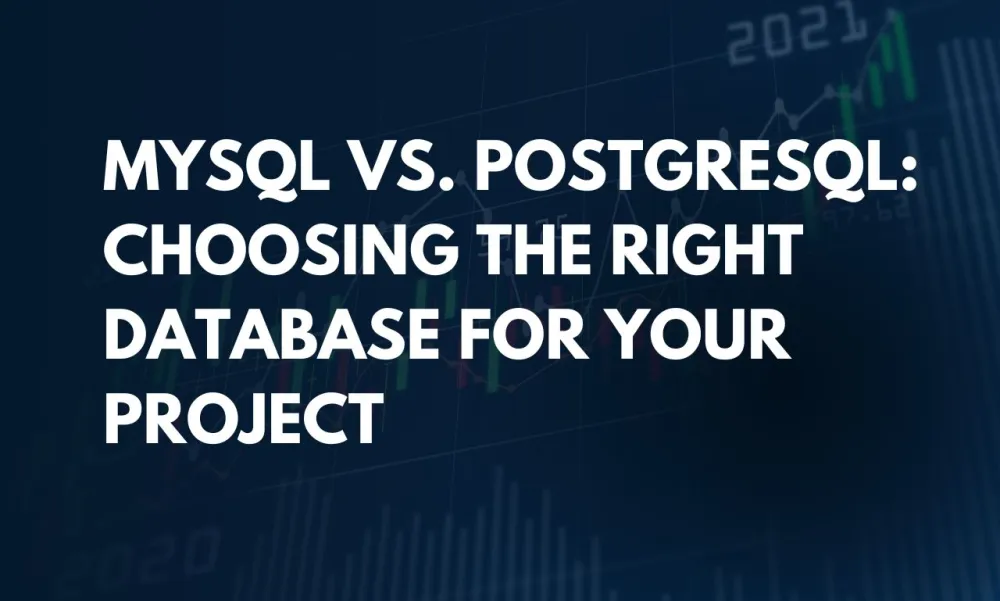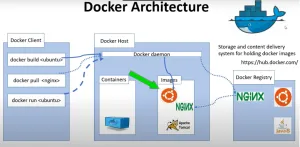
MySQL vs. PostgreSQL: Choosing the Right Database for Your Project
When starting a new project, one of the crucial decisions developers face is choosing the right database. Two popular options are MySQL and PostgreSQL, each with its strengths and weaknesses. In this beginner-friendly guide, we'll compare MySQL and PostgreSQL step by step, with examples, to help you determine which database is best suited for your project.
1. Installation: Before comparing MySQL and PostgreSQL, let's start by installing both databases on your system. You can download and install MySQL from the official MySQL website and PostgreSQL from the official PostgreSQL website. Follow the installation instructions provided for your operating system.
2. Data Types: MySQL and PostgreSQL support various data types, but there are differences between them. For example, PostgreSQL offers more data types, including arrays, JSON, and UUIDs, whereas MySQL has fewer data types but offers better support for spatial data. Consider the data types required for your project when choosing between MySQL and PostgreSQL.
3. Syntax and Query Language: Both MySQL and PostgreSQL use SQL (Structured Query Language), but they have differences in syntax and supported features. For instance, PostgreSQL supports advanced features such as window functions and common table expressions, while MySQL has its extensions like the GROUP_CONCAT function. Let's compare the syntax of a simple query in both databases:
MySQL:
SELECT * FROM users WHERE age > 18;
SELECT * FROM users WHERE age > 18;
7. Examples:
Let's consider an example where MySQL might be a better choice:
- If you're building a web application that requires fast read operations and scalability, MySQL could be a suitable option due to its performance with read-heavy workloads.
And another example where PostgreSQL might be preferable:
- If your project involves complex data analytics, data warehousing, or requires advanced SQL features, PostgreSQL's support for analytical queries and advanced SQL functionalities could be advantageous.






